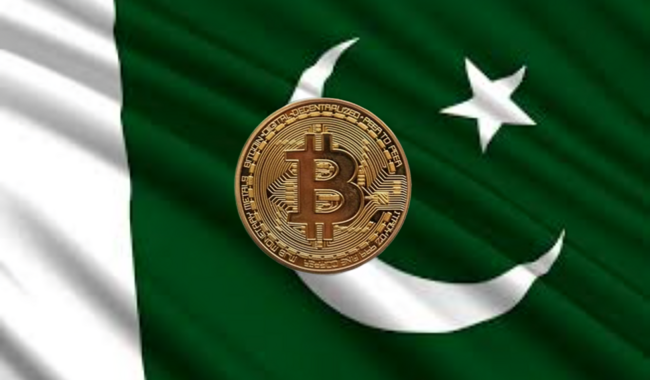Highlights:
- IMF rejects Pakistan’s power subsidy plan over market disruption and debt concerns.
- Pakistan planned to use 2,000MW for AI data centers and crypto mining.
- Government pushes ahead with Bitcoin reserve, crypto council, and key advisor appointments.
On July 3, during a Senate Power Committee session led by Senator Mohsin Aziz, officials said the International Monetary Fund (IMF) had rejected Pakistan’s plan to give cheaper electricity to industries that use a lot of power, like data centers, metal factories, and crypto mining. Secretary Power Dr. Fakhray Alam Irfan said that even though there is extra electricity in winter, the IMF is firmly against such discounts because it could upset the market.
JUST IN: 🇵🇰 IMF has rejected Pakistan’s proposal to subsidise electricity for Bitcoin mining. pic.twitter.com/NZI0DAqIcB
— Roxom TV (@RoxomTV) July 3, 2025
IMF Blocks Pakistan’s Bid to Use Extra Power for Mining
The IMF warned that giving cheap electricity could hurt the market and worsen Pakistan’s $4.5 billion power debt. This decision comes after months of talks between the IMF and Pakistan on using extra electricity to boost industry. Back in September, Pakistan’s Power Division suggested a six-month low-cost plan for heavy users like crypto miners.
Dr. Irfan said the government is holding further talks with global bodies to revise its power subsidy plan after the IMF’s refusal. The committee also reviewed new technologies that could help reduce electricity theft across the country. They also examined the government’s recent agreement with scheduled banks to reduce the circular debt, with Senator Shibli Faraz alleging the banks were “forced at gunpoint” to approve the loans. The committee has asked the Power Division to provide detailed responses to these concerns in the next meeting.
In May, Pakistan revealed plans to allocate 2,000 megawatts of national grid electricity for crypto mining and AI data centers, supporting its Bitcoin reserve strategy. The project, led by the government-backed Pakistan Crypto Council (PCC), aimed to create tech jobs, attract foreign investment, and use extra electricity to grow the tech sector. The government noted that Pakistan could serve as a key global hub for data centers, given its strategic position between Asia, Europe, and the Middle East, as well as its growing digital potential.
BREAKING:
🇵🇰 PAKISTAN APPROVES 2,000 MEGAWATTS OF POWER FOR BITCOIN MINING.
BITCOIN IS TAKING OVER! pic.twitter.com/bbqJTZ68uI
— Mister Crypto (@misterrcrypto) May 25, 2025
Pakistan Doubles Down on Crypto with Bitcoin Reserve and Key Appointments
In recent months, Pakistan has made significant moves to advance its crypto agenda. These efforts include establishing a dedicated crypto council, appointing former Binance CEO Changpeng Zhao as a strategic advisor, and officially launching the Pakistan Digital Assets Authority in March. Following this, the government also named Bilal Bin Saqib as the special assistant to the prime minister for blockchain and crypto-related affairs.
Pakistan has launched the Pakistan Digital Assets Authority (PDAA) to regulate its $25 billion informal crypto market and foster a secure digital asset ecosystem. #DigitalAssets #PDAA #Blockchain #Web3 #PakistanEconomy #CryptoRegulation pic.twitter.com/1SCX7Oh6fy
— Startup Pakistan (@PakStartup) May 21, 2025
At the Bitcoin 2025 conference in Las Vegas, Saqib, an advisor to the Trump-linked World Liberty Financial, announced that Pakistan is creating a government-led Bitcoin reserve and said the country would never sell its holdings. He called the moment historic and credited the United States for inspiring the idea.
Best Crypto Exchange
- Over 90 top cryptos to trade
- Regulated by top-tier entities
- User-friendly trading app
- 30+ million users
eToro is a multi-asset investment platform. The value of your investments may go up or down. Your capital is at risk. Don’t invest unless you’re prepared to lose all the money you invest. This is a high-risk investment, and you should not expect to be protected if something goes wrong.






